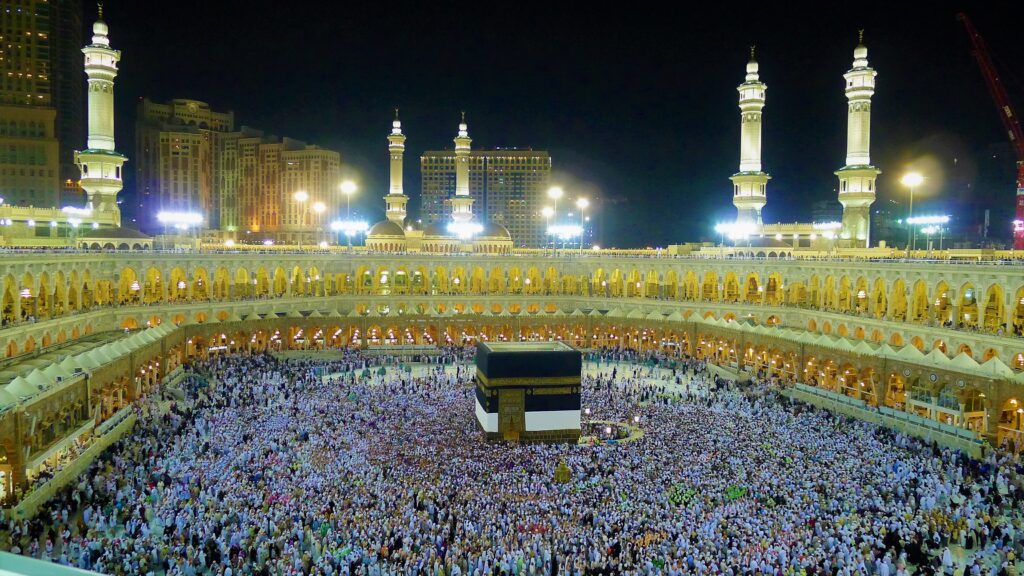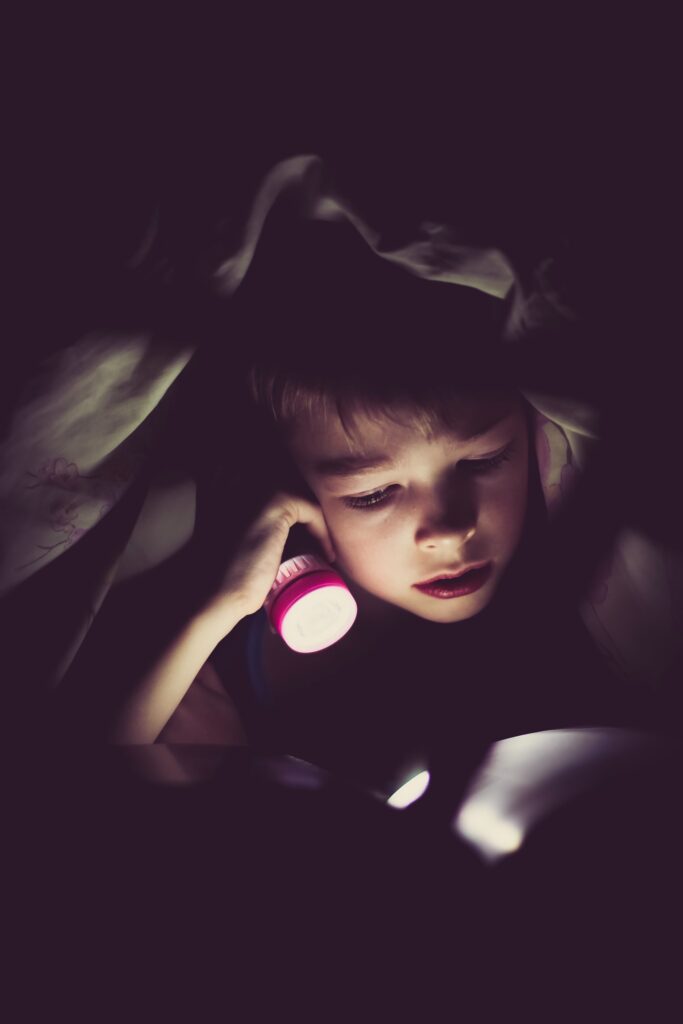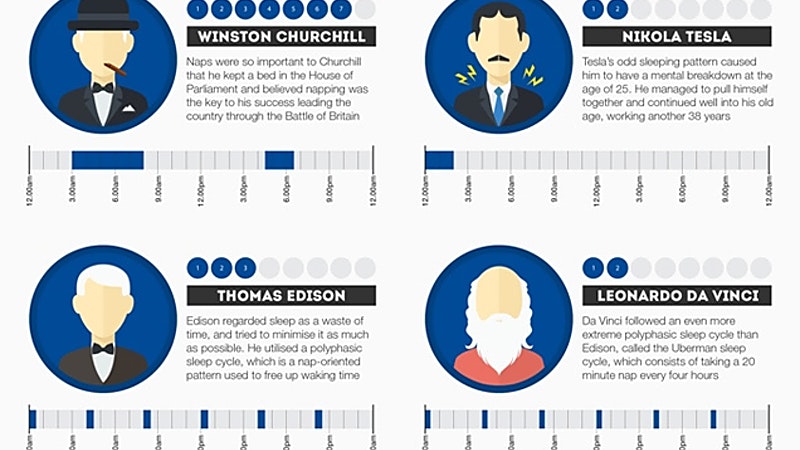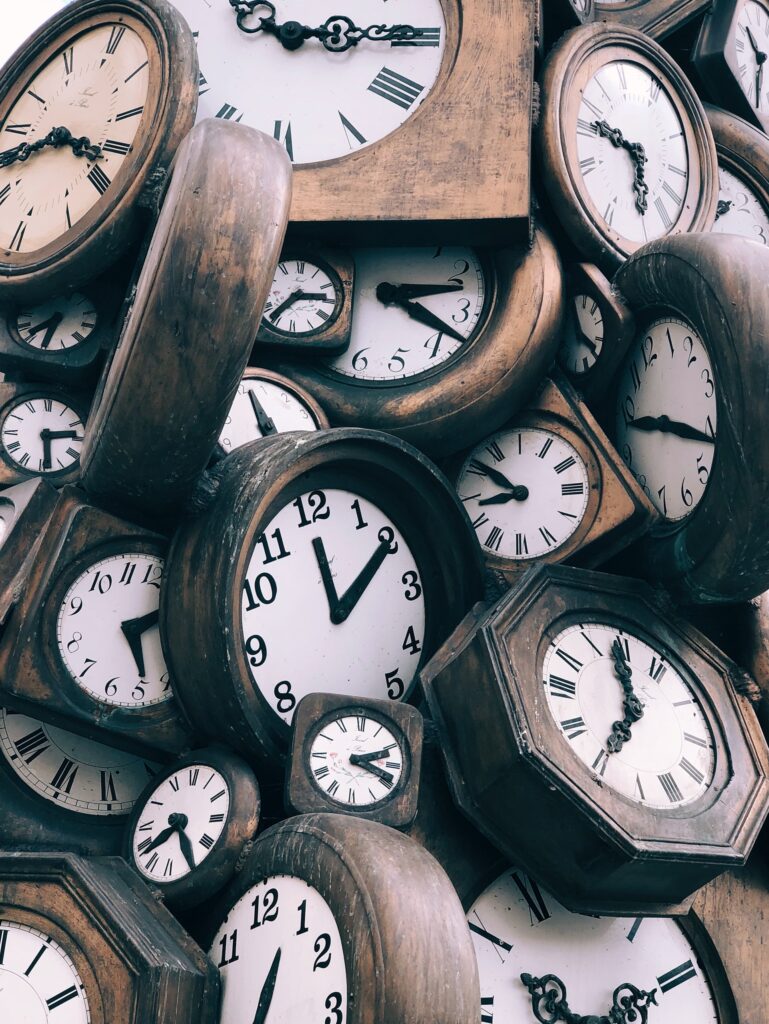Does Islam clash with sleep science?
The Muslim’s sleep is seasonal. The 5 prayers rhythm our life.
Depending on the season and the country, you might wake up for Fajr (1 hour before sunrise) after a short night.
And if you want to do like the Prophet (PBUH), you’ll stay awake after Fajr to get the most of the blessed hours.
Moving to Vancouver got me interested in sleep.
The nights are 4 hours long during summertime. I quickly found myself unable to function properly.
But doesn’t Islam encourage us to sleep a little?
The muezzin reminds us that praying is better than sleeping. The Quran encourages to perform night prayers. And our literature is rich with stories of righteous people barely sleeping.
On the other hand, modern science is recommending a minimum of 8 hours of sleep per night. Anything under this amount has terrible consequences for our health.
This is why many Muslims face a dilemma: how can we sleep what the experts recommend and perform our duties without being sleep-deprived?
To sleep or not to sleep? This is the question.
Narrations of Muslims Who Barely Sleep

As a caliph, Umar Ibn Al-Khattab knew the weight of his responsibilities. When pointed at his lack of sleep, he would object that neither he can neglect the people, nor he can neglect himself. So his days are for serving others and his nights for worshipping God.
It is said about Imam Abu Hanifah that he would not sleep at night, preferring to engage in nightly worship of Allah.
And what about Imam Al-Nawawi?
He said he did not sleep on a bed for two years. And for six years continuously, as a student of knowledge, he never slept until sleep overcame him.
There are plenty of narrations like these.
It seems the more pious you are, the less sleep you get.
Famous People Sleeping Habits
Leonardo Da Vinci adopted a polyphasic sleep cycle. It works like this: 15 to 20 minutes of sleep every 4 hours.
In total, he would sleep 1.5 to 2 hours per day. He gained a daily 6 hours. How many years did he gain in his lifetime?
Einstein is known for having 10 hours of sleep every night.
Nicola Tesla used to sleep 2 hours per night until his mental breakdown by the age of 25.
Roger Federer and James Lebron sleep 12 hours a day.
It seems like the top performers don’t have the same sleeping habit. They sleep what is necessary for them to be at their best.
What Science Says
By observing the brain waves and using an MRI scan, we have begun to understand what’s going on during our sleep.
Our sleep is divided between REM (Rapid Eye Movement) and NREM (non-REM) stages.
Most of our dreams occur during the REM stage. Our deep sleep happens in the NREM stage.
We sleep cyclically. Each cycle is about 90 minutes.
The duration of REM and NREM in each cycle will depend on how long we sleep.
During a full night of sleep, the first half will be dominated by deep sleep. The second half by dreams.
So when we’re sleeping less, we’re not losing an hour or two, but 60 to 90% of REM activity!
For example, dreaming is the equivalent of overnight therapy. We reprocess upsetting events without emotional tension.
Also, dreaming sparkles our creativity and enhances our solving-problems capabilities by connecting present information with memories.
If you sleep 6 hours as I do, basically you’re missing all that.
For this reason, Matthew Walker, the author of “Why We Sleep”, advocates for 8 hours of consistent sleep.
He argues that we can only benefit from the REM and NREM stages if we sleep 8 hours.
And anything less than that has consequences on our health. He shows that sleep deprivation is responsible for cancer, obesity, learning disability, dementia, and ultimately, shorten our life.
Sleep From an Islamic Perspective

Tahajud (night prayers) are mandatory on the Prophet, not on us.
When the companions tried to emulate him, they couldn’t.
Allah told us about it in Surah Al-Muzzammil:
“Surely your Lord knows that you O Prophet stand in prayer for nearly two-thirds of the night, or sometimes half of it, or a third, as do some of those with you. He knows that you believers are unable to endure this, and has turned to you in mercy. So recite in prayer whatever you can from the Quran.”
[Quran 73:20]
I took a look at Prayers time in Mekka for 2020 to have an estimation of how long the Prophet (PBUH) used to sleep.
Depending on the seasons, the nights in Mekka last between 8 and 11 hours. Let’s say 9 hours on average.
Following the verse, the Prophet (PBUH) used to sleep about 3, 4.5, or 6 hours.
But the Prophet (PBUH) didn’t impose his rhythm on others:
“If anyone of you feels drowsy while praying he should go to bed (sleep) till his slumber is over.”
[Bukhari]
In another hadith, the Prophet (PBUH) told one of his companions (Ibn Amr) who was praying the whole night:
“Offer prayers and also sleep at night, as your body has a right over you”
[Bukhari]
Also, the Prophet (PBUH) encouraged having naps. A short mid-day nap is a deeply embedded practice in Muslim culture.
When it comes to dreams, Islam mentions 3 types of dreams while modern science speaks only about one.
“Dreams are of three types: The righteous dream which is good news from Allah, dreams in which the Shaitan frightens someone, and dreams about something that has happened to the man himself.”
[at-Tirmidhi]
Final Thoughts

In my twenties, I was far from valuing time as much as I do now.
Today, my desire to learn is greater than my desire to sleep.
It works for me to sleep for 6 hours and have short naps when I can.
During summertime, I sleep less and have longer naps.
It is truly amazing to know more about sleep from a scientific perspective. It gives me another appreciation of our being and increases my love for our Creator.
But I can’t dismiss the fact that some successful people, Muslims and non-Muslims, didn’t sleep the recommended hours and did great.
For the moment, I think the best approach is to respect our needs. And we all have different sleeping needs.
And when It comes to religious duties, I try to remember this saying of the Prophet (PBUH):
“Religion is very easy and whoever overburdens himself in this religion will not be able to continue in that way.”
[Bukhari]
Article posted the 13th December 2020
Popular Articles
- 7 Lessons from Luqman that Will Make You Wise
- How to Enjoy Salat and Make it Meaningful
- Mongols Invasions: Some Forgotten Lessons to Today’s Muslims
- For or Against Vaccines? That’s Not Really the Question
- Are Muslims Meant to Be Sleep Deprived?
- Islamic Psychology: A Model Where Faith Has Its Place
- Muslims Judging Each Other: Why and How to Be Less Judgy
- The Certainties of Muslims in Uncertain World
- Allah According to Allah: The Beauty Behind the Verse of Light
- Blindness: From the Invisible Gorilla to the Quranic Perspective
- How to Make People Change their Mind: Persuasion!


